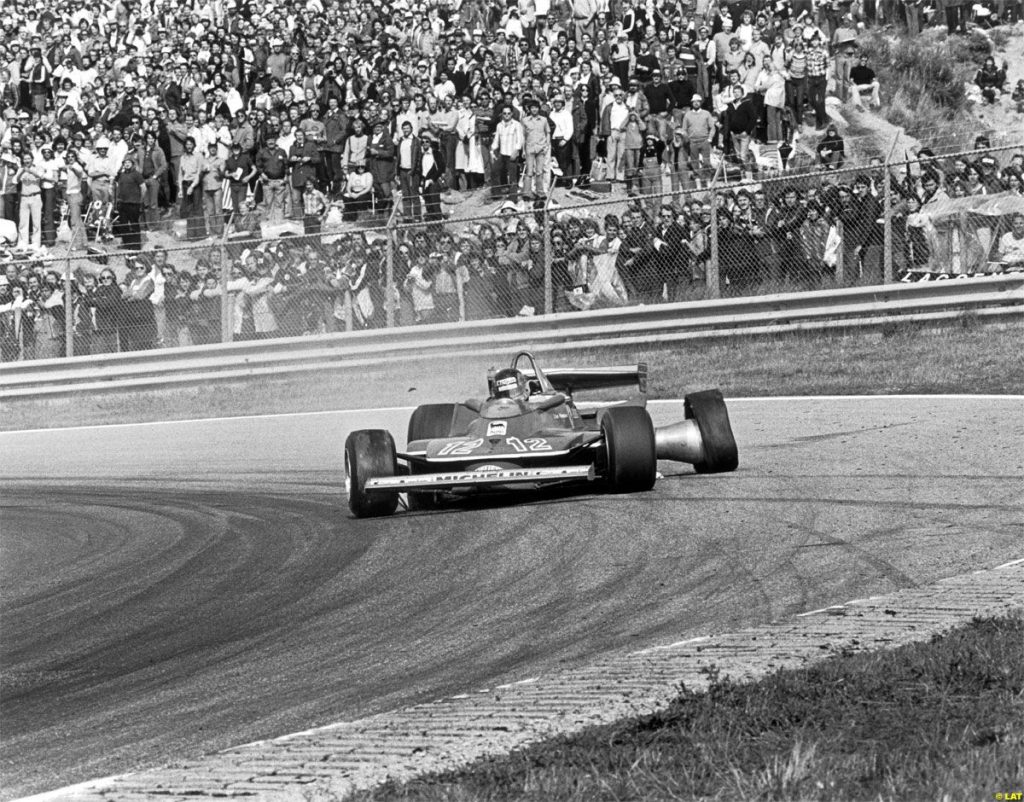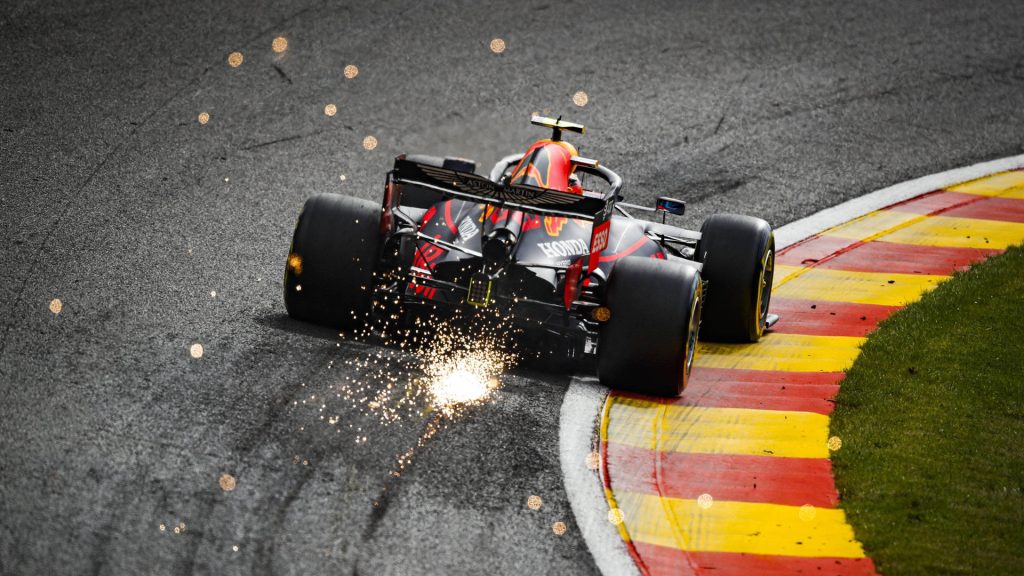The exhilarating world of Formula 1 (F1) racing, known for its roar of engines, speed, and the shimmering allure of the podium, has a story that’s as riveting as any race. From the dusty tracks of its inception to the sophisticated circuits of today, F1’s journey is one of ambition, innovation, and sheer passion.
Origins and Early Days
The seed for Formula 1 was sown in the early 20th century when Europe started hosting Grand Prix motor racing events. However, the establishment of F1 as a definitive category took place post World War II. The name “Formula” referred to the set of rules to which all participants and cars were required to adhere.
The first ever F1 World Championship race took place in 1950 at Silverstone, United Kingdom. From this momentous event, it was evident that this sport was destined for global acclaim.

Rising Popularity
By the 1970s, F1 had started making its presence felt on every continent. The inclusion of technology, a focus on safety, and the entry of some of the sport’s most iconic drivers—like Ayrton Senna, Alain Prost, and Niki Lauda—only bolstered its reputation.
Modern Era and Technological Advancements
The turn of the millennium saw a heightened emphasis on technology. Computers, telemetry, and aerodynamics began playing pivotal roles in race strategies. Teams like Ferrari, McLaren, and Red Bull Racing showcased the true potential of blending man, machine, and innovative tech.
Table: Milestones in Formula 1’s Journey
| Year | Event | Description |
|---|---|---|
| 1950 | First World Championship Race | Silverstone hosted the inaugural F1 championship race. |
| 1961 | Introduction of 1.5-liter engines | This regulation brought a shift in the design and performance of cars. |
| 1978 | Introduction of ground effect | Ground-effect aerodynamics revolutionized car speed and cornering abilities. |
| 1994 | Emphasis on Safety | After Ayrton Senna’s tragic accident, there was a renewed focus on driver safety. |
| 2009 | Energy Recovery Systems | Hybrid technology entered F1, leading to more efficient and environmentally friendly racing. |
| 2017 | Wider Tyres & Cars | Changes were made to make cars faster and bring more excitement to the sport. |
Look Also at: Top 10 Most Successful F1 Drivers in History
The Stardom and Its Allure
Apart from the adrenaline-pumping races, the glamour associated with F1 is undeniable. From celebrities attending races to the glitz of the Monaco Grand Prix, F1 is as much about the spectacle as it is about racing. This combination of sportsmanship and showmanship is what makes F1 a magnet for audiences worldwide.

Conclusion
The trajectory of Formula 1 is symbolic of mankind’s quest for speed, innovation, and excellence. From its humble beginnings to the star-studded events we witness today, F1 is not just a sport—it’s a testament to human spirit, ambition, and the drive to always push boundaries.

